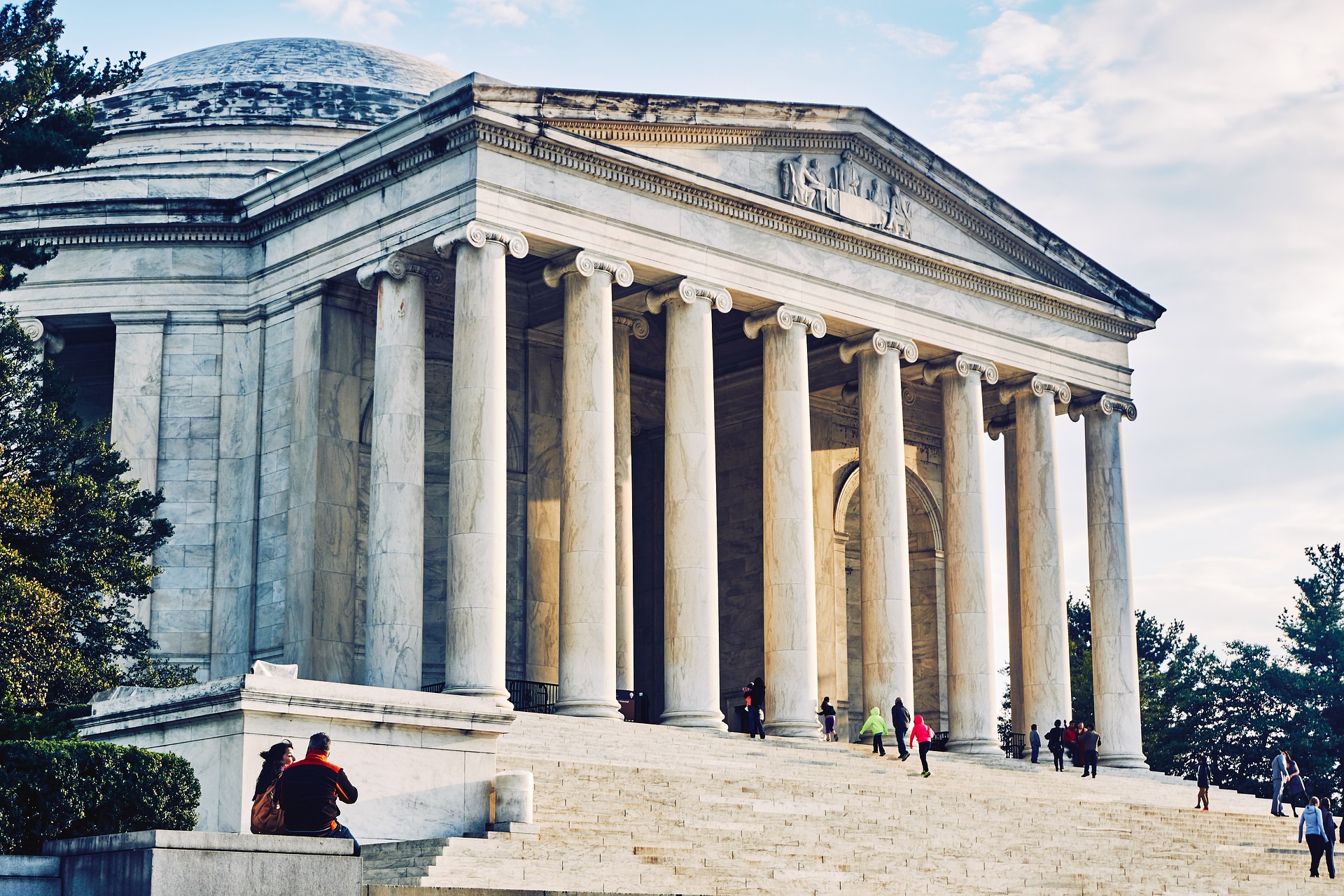Unraveling the Intricacies of the Presidential Pardon Power: A Contemporary Examination
The power of the U.S. President to issue pardons is a complex and often controversial aspect of American constitutional law. This article will delve into the historical context, current updates, and societal implications of this extraordinary executive authority.
Historical Context of the Presidential Pardon Power
The United States Constitution, in Article II, Section 2, Clause 1, vests the power of granting pardons for federal offenses in the President. This power has its roots in the royal prerogative of mercy in England, a power traditionally held by the monarch to grant reprieve to individuals convicted of crimes. The Framers of the U.S. Constitution, however, deliberately limited this power to federal offenses only, excluding cases of impeachment.
Current Legal Updates and Legislative Discussions
In recent years, the Presidential pardon power has been the subject of intense scrutiny and debate. The trend of controversial pardons, especially during the final days of a presidency, has led to calls for the introduction of regulations to curb potential abuses. However, any legislation aiming to limit this power would likely face constitutional challenges, given the explicit grant of this power to the President by the Constitution.
Implications and Impact on Society
The Presidential pardon power has both direct and indirect effects on society. Directly, it offers a second chance to convicted individuals, allowing them to reintegrate into society. Indirectly, it can impact societal perceptions of justice and fairness. If used judiciously, the pardon power can be a tool for rectifying miscarriages of justice. Conversely, if abused, it can undermine public trust in the legal system.
Backing Claims with Research
Research indicates that Presidents have used this power unevenly. Some, like Presidents George Washington and Abraham Lincoln, used it sparingly and with a focus on mercy and public welfare. Others have used it more frequently and controversially. The non-profit Pew Research Center found that President Donald Trump issued 143 pardons, many of which were considered controversial, during his term.
Balancing Depth and Accessibility
Understanding the Presidential pardon power requires a nuanced understanding of constitutional law. However, at its core, it is about mercy, justice, and the balance of power in government. The ongoing debates and discussions highlight its relevance in our modern legal and political landscape, demonstrating the need for informed citizen engagement on this topic.
In conclusion, the Presidential pardon power is an enduring feature of U.S. constitutional law. Its historical roots, current legal status, and societal implications make it a topic of continued interest and importance. As citizens, understanding this power is crucial to participating effectively in our democracy and holding our leaders accountable.





